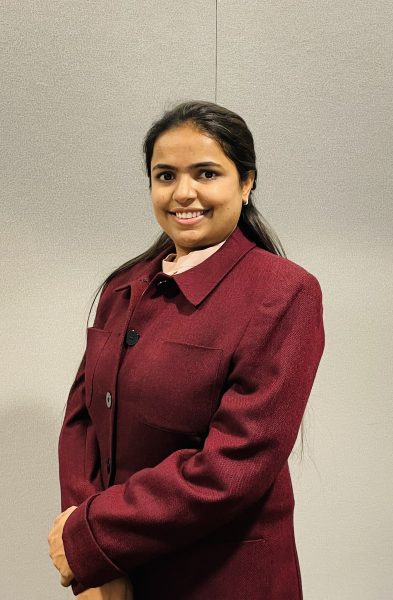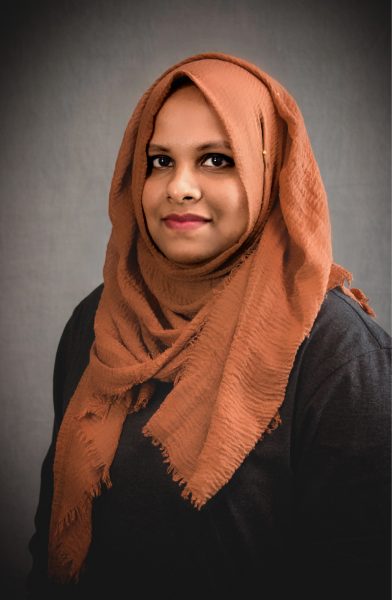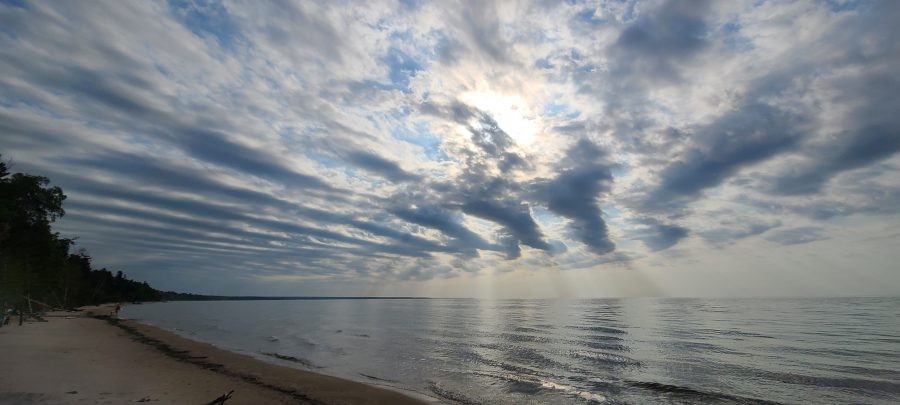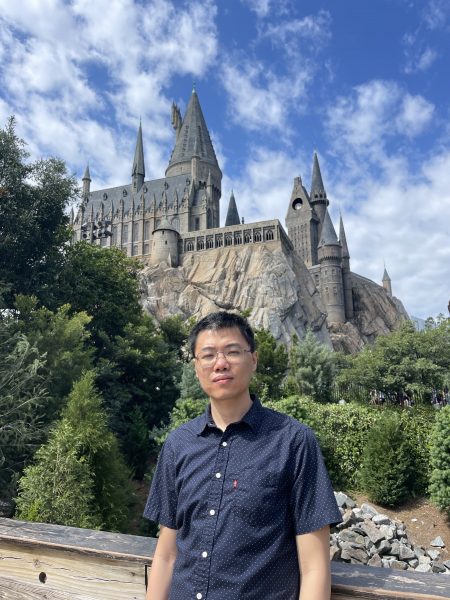Since I began learning the basics of science, the effects of vibrations on environments has always fascinated me. As Nikola Tesla said, “If you want to find the secrets of the universe, think in terms of energy, frequency and vibration.” It was with this aim that I started my Ph.D journey in Fall 2020.
My research has been in regards with “Metastructures”. These are unique structures which absorb vibrations in a system in particular frequency range, often called as ”bandgap”. It is because of this bandgap phenomenon that metastructures are widely used to mitigate vibration effects. Owing to large number of applications, it becomes important to estimate bandgaps in a metastructure to predict the frequency range in which the vibrations will be absorbed so that metastructures can be designed for various applications.
Through my research, I have aimed to developed new methods to estimate these bandgaps. The current methods available in the literature require a physics-based model of the metastructure (analytical model, finite/spectral element model) in order to estimate bandgaps. However, for various anisotropic materials, the material properties are difficult to quantify accurately which makes the physics-based model inaccurate. My research aims to overcome these limitations by developing methods which estimate bandgaps using purely experimental data. We have used the experimental data to study how a vibration wave is propagating through the metastructure (dispersion curve) and estimated bandgaps. Various other techniques such as substructuring, data-driven modeling algorithms were utilized. The developed techniques considerably reduced the design efforts required and made the entire design process much easier.
The funding provided by this fellowship will truly be helpful for me in putting all my energies in finishing my thesis in time and complete my Ph.D.!
I am grateful to the Graduate School for granting me this fellowship.
My advisor, Dr. Sriram Malladi has been more than helpful in guiding me through various ups and downs throughout my Ph.D journey. I am truly thankful for the relentless support he and his family has given me. Last but certainly not the least, I am thankful to my family i.e. my wife and my parents for their support in every aspect of my journey!







